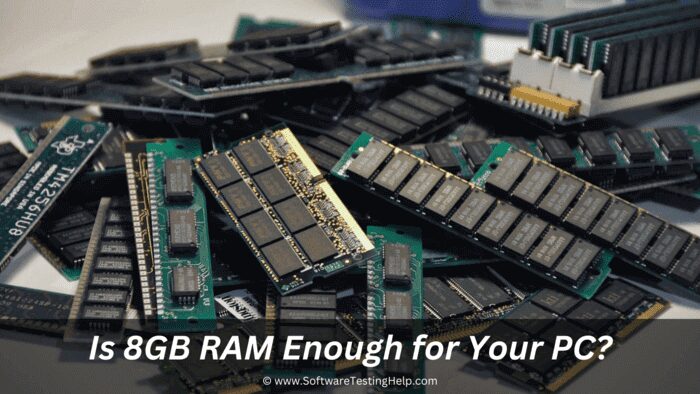In the intricate realm of gaming, the delicate balance of hardware and software determines the fluidity of every orc slain, every goal scored, and every universe explored. At the heart of this balance lies the often-debated hardware component: RAM, or Random Access Memory.
A decade ago, 8GB RAM was considered luxurious, fit for the most die-hard gamers. But times change.
With evolving game mechanics, increased realism, and multi-layered environments, the question arise – Is it still the sweet spot? Is it enough for a seamless gaming escapade in today’s demanding titles?
Memory’s Role in Gaming
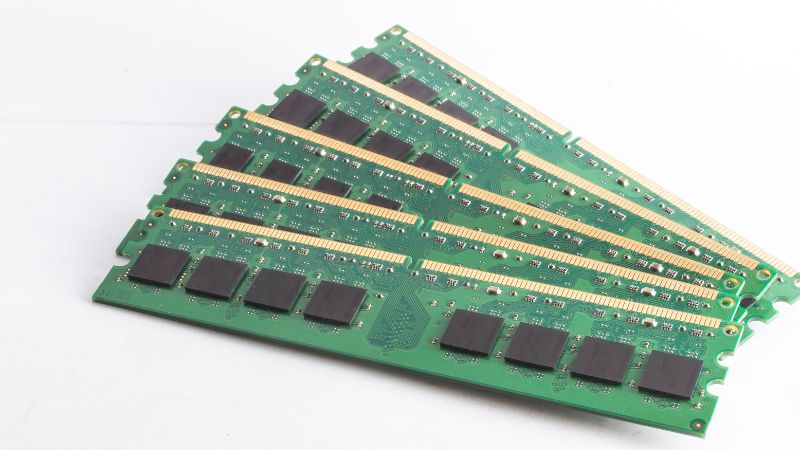
RAM (Random Access Memory) functions as your computer’s short-term data storage. In gaming, it holds relevant game data to be quickly accessed during gameplay.
Why is it Important?
RAM serves as a bridge between the hard drive and the CPU. When playing a game, the system doesn’t read directly from the slow hard drive. Instead, relevant game data is loaded onto the faster RAM, ensuring smoother gameplay.
- Speed: It allows faster data access than HDDs or SSDs.
- Multitasking: More of it ensures efficient switching between the game and other applications.
Types of RAM
There are two main types to choose from– DDR3 and DDR4. While DDR3 is older and less efficient, DDR4 is the current standard for gaming, offering faster speeds and lower power consumption.
- DDR3: Often found in older systems, supports speeds up to 2133 MHz.
- DDR4: Modern standard, supports speeds ranging from 2133 MHz to 4266 MHz and above.
Gaming Requirements
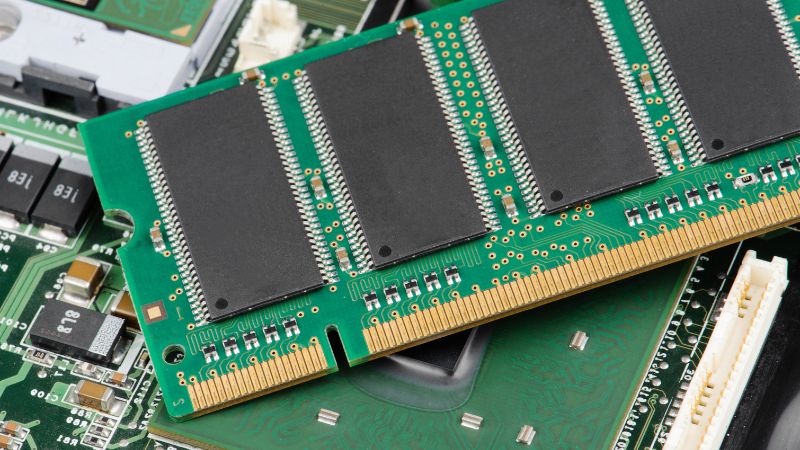
Different games come with varied requirements, from indie games to AAA titles. Understanding these will help gauge if 8GB is sufficient.
Minimum vs. Recommended Requirements
Every game lists its hardware requirements, often in two categories:
- Minimum Requirements: The absolute essentials needed to run the game, albeit possibly at lower settings or with performance issues.
- Recommended Requirements: The specifications for an optimal gaming experience, ensuring smooth performance and higher graphical settings.
For many games, 8GB is often listed as a minimum or recommended requirement. However, as games become more demanding, this number can change.
Trends in Modern Gaming
Modern AAA games are increasingly resource-intensive. While indie games or older titles might run flawlessly on this hardware, newer releases tend to be more demanding. Consider some trends:
- Graphics: Enhanced graphics mean more data to render, putting strain on memory.
- Open-world Mechanics: These vast, detailed environments require more memory to load and run seamlessly.
- AI and Physics: Advanced AI mechanics and realistic physics simulations can be taxing on resources.
The Debate
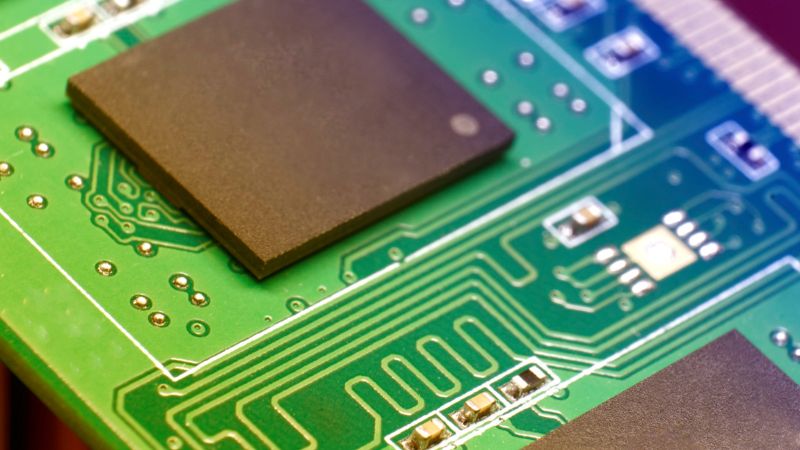
While 8GB RAM may have once been the gold standard, the question remains: Is it still viable today?
What are the Advantages?
For casual gamers or those on a budget, it can offer several benefits:
- Cost-Effective: 8GB modules are more affordable than their 16GB or 32GB counterparts.
- Compatibility: Older motherboards might not support more than it, making it a default choice for such systems.
- Adequate for Many Titles: Numerous titles, especially those released a few years ago, run perfectly well.
Are There any Limitations?
Despite its advantages, 8GB does come with potential drawbacks for hardcore gamers:
- Potential Bottlenecks: Modern games, especially those with vast open worlds or high-definition textures, might suffer from stutters or lag.
- Limited Multitasking: Running a game along with other memory-intensive applications (like streaming software) might hinder performance.
- Futureproofing: As games continue to evolve, it might not be adequate in the coming years, necessitating an upgrade.
Real-World Performance with 8GB RAM
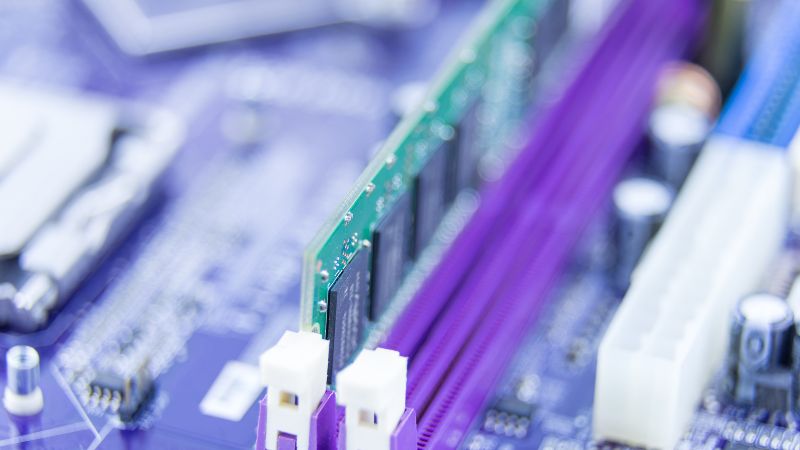
Putting theory aside, how does 8GB fare in real gaming scenarios?
Performance in AAA Titles
When it comes to AAA titles, which are the big-budget games with top-tier graphics and mechanics, 8GB RAM can be a mixed bag.
- Stable Frames with Adjustments: Some users find that games run without hitches on medium settings. However, ramping up to ultra-high settings may introduce lag or stutter.
- Loading Times: One notable impact of memory on gaming is loading times. With 8GB, especially when paired with a standard HDD, you might encounter longer loading screens.
Indie Games and Older Titles
For those who have a penchant for indie games or enjoy revisiting classics, it is more than enough.
- Smaller Game Sizes: Indie games, given their often-smaller development teams and budgets, generally have lesser data to load, making them less intensive.
- Retro Appeal: Older games were developed at a time when 8GB was considered high-end. Thus, they run seamlessly, sometimes even on systems with less than 8GB.
Role of Other Hardware Components
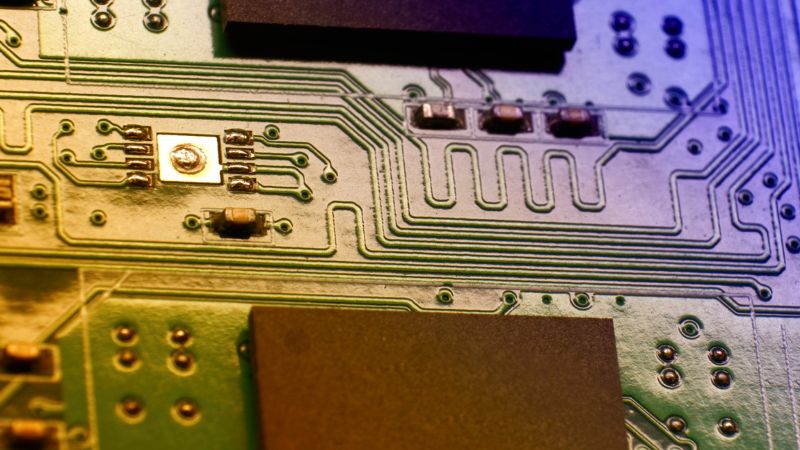
While RAM plays a pivotal role, gaming performance is the result of a holistic dance between various components.
Importance of the GPU
The Graphics Processing Unit (GPU) arguably plays a more vital role than RAM in gaming.
- Rendering Graphics: The GPU is responsible for rendering the game’s visuals. An older or entry-level GPU might struggle with modern games, regardless of RAM size.
- VRAM: Modern GPUs come with their dedicated Video RAM (VRAM) which stores graphical data. If a game maxes out the VRAM, it will tap into the system’s RAM, making 8GB a potential bottleneck.
CPU and Game Optimization
The Central Processing Unit (CPU) handles game logic, physics, AI, and more.
- CPU Intensity: Games that lean heavily on simulations might be CPU-intensive. If your CPU is a bottleneck, having more RAM won’t necessarily improve gaming performance.
- Optimization: Some games are better optimized than others. Two games with similar graphics might perform differently on the same setup due to the efficiency of their underlying code.
Useful Tips for Gamers Considering 8GB
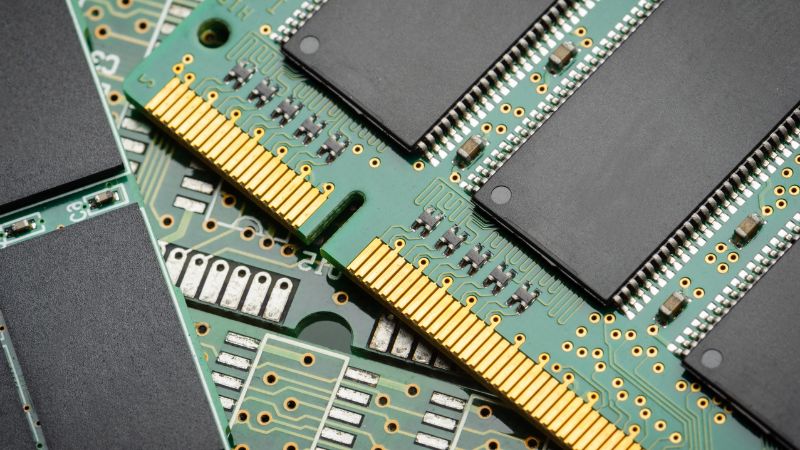
If you’re on a budget or weighing the merits of 8GB for gaming, here are some strategies and considerations.
Upgrading from 4GB to 8GB
If you’re transitioning from a 4GB setup, the difference will be night and day.
- Smoother Multitasking: Even outside gaming, your system will handle multitasking with greater aplomb.
- Better Game Performance: Most modern games list 8GB as their minimum requirement, meaning you’d be meeting the baseline for optimal performance.
Potential for Future Upgrades
Consider the potential for future upgrades when assessing the 8GB option.
- Dual-Channel Memory: If you’re using 2x4GB sticks, ensure your motherboard supports dual-channel memory for better performance.
- Expandability: Opt for motherboards that support more than 8GB, giving you the option to upgrade when necessary.
FAQs
How do I know the RAM requirements for a specific game?
Most games list their minimum and recommended hardware requirements on their packaging or in online storefronts. Checking these can give you an idea of the RAM needed.
Can I improve game performance with just a RAM upgrade?
While RAM can impact performance, gaming also heavily relies on other components, like the GPU and CPU. It’s essential to ensure all parts meet the game’s requirements for optimal performance.
Why does gaming require a certain amount of RAM?
RAM acts as the intermediary storage for ongoing processes. In gaming, it keeps game assets readily available, ensuring smoother transitions, quicker load times, and overall improved gameplay responsiveness.
What are the signs that my game is limited by 8GB RAM?
Symptoms can include longer load times, frame rate drops, stuttering, or the game crashing, especially when there are many background processes.
Can I use my computer for other tasks with 8GB while gaming?
Light tasks, like music playback or having a few browser tabs open, should be okay. However, resource-intensive tasks, such as video editing or heavy multitasking (click here), could impact game performance.
Summary
While 8GB RAM can serve many gaming needs, the demands of modern AAA titles and multitasking might push its limits. Evaluating your gaming preferences, coupled with future proofing considerations, will guide your decision.

